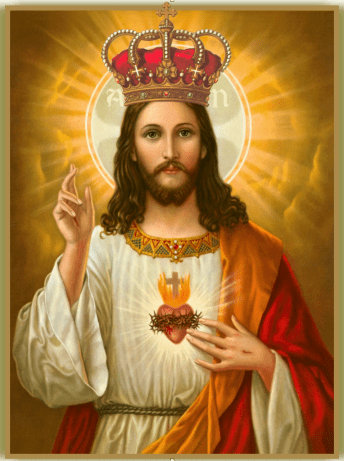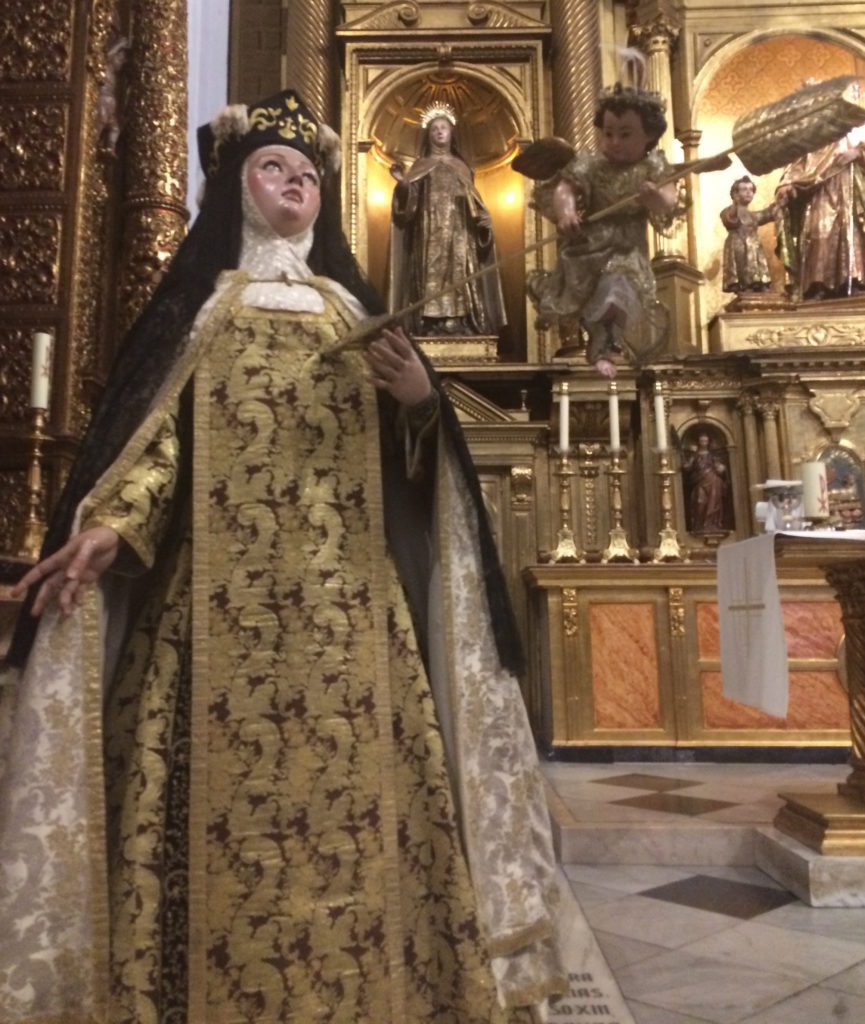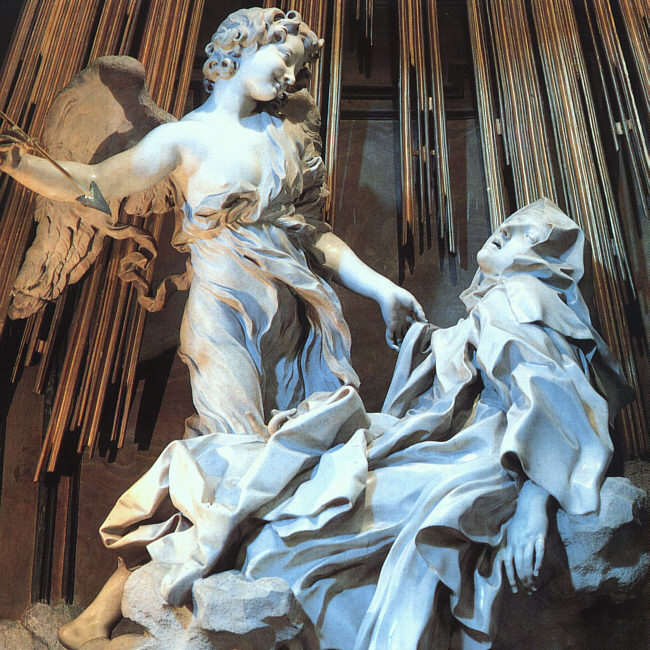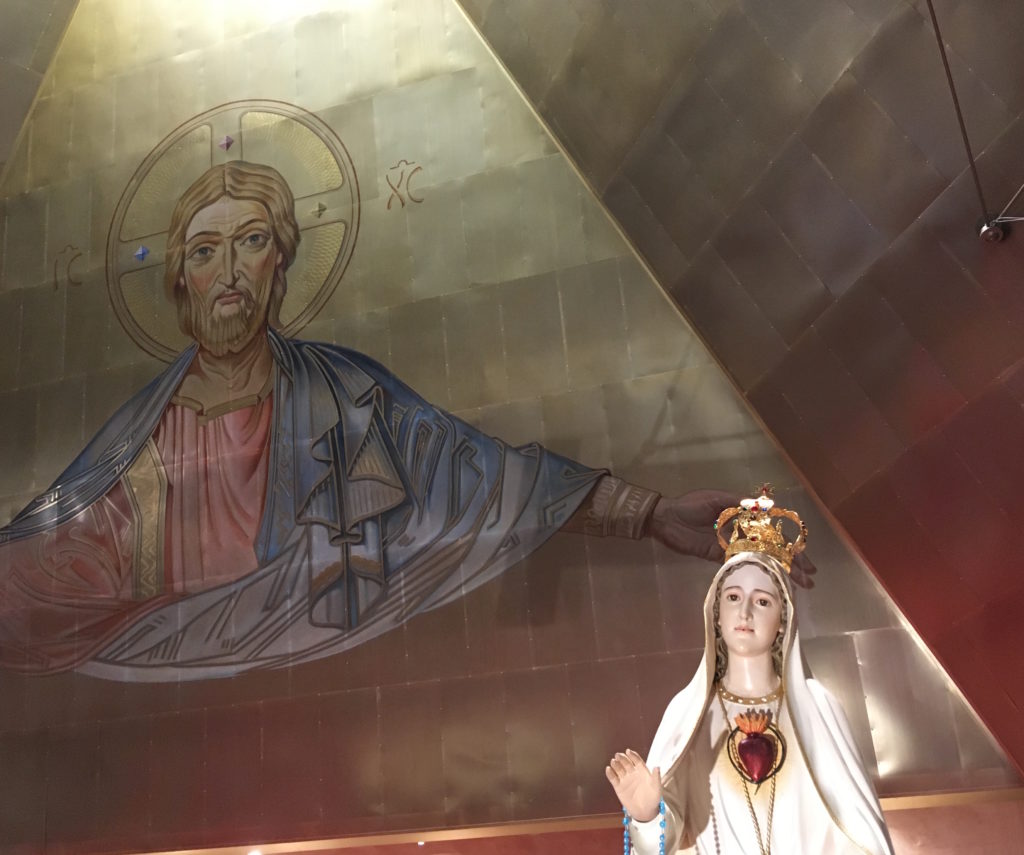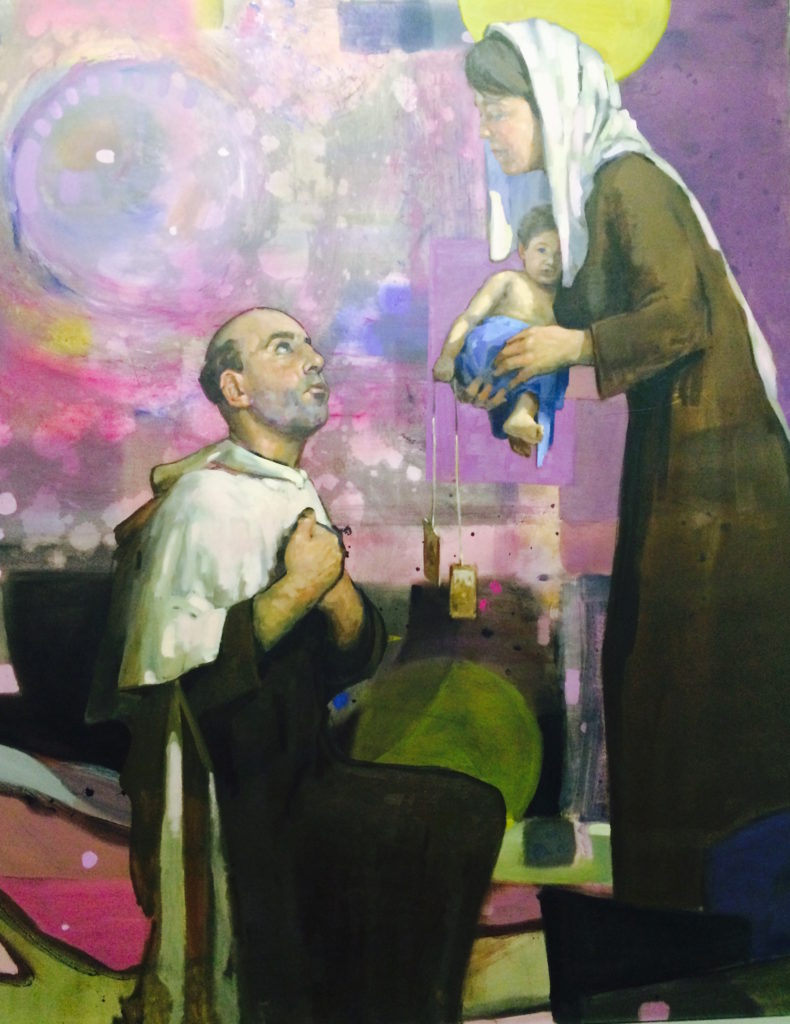(REPOST from December 2018)
ADVENT PRAYER (from Catholic Online Prayers)
Come, long-expected Jesus. Excite in me a wonder at the wisdom and power of Your Father and ours.
Come, long-expected Jesus. Excite in me a hunger for peace: peace in the world, peace in my home, peace in myself.
Come, long-expected Jesus. Excite in me a joy responsive to the Father’s joy. I seek His will so I can serve with gladness, singing and love.
Come, long-expected Jesus. Excite in me the joy and love and peace it is right to bring to the manger of my Lord. Raise in me, too, sober reverence for the God who acted there, hearty gratitude for the life begun there, and spirited resolution to serve the Father and Son.
I pray in the name of Jesus Christ, whose advent I hail. Amen.
EXODUS 3:1-14 Moses was tending the flock of his father-in-law Jethro, the priest of Midian. Leading the flock beyond the wilderness, he came to the mountain of God, Horeb. 2There the angel of the LORD appeared to him as fire flaming out of a bush. When he looked, although the bush was on fire, it was not being consumed. 3S Moses decided, “I must turn aside to look at this remarkable sight. Why does the bush not burn up?” 4When the LORD saw that he had turned aside to look, God called out to him from the bush: Moses! Moses! He answered, “Here I am.” 5God said: Do not come near! Remove your sandals from your feet, for the place where you stand is holy ground.b 6I am the God of your father,* he continued, the God of Abraham, the God of Isaac, and the God of Jacob.c Moses hid his face, for he was afraid to look at God.
9Now indeed the outcry of the Israelites has reached me, and I have seen how the Egyptians are oppressing them. 10Now, go! I am sending you to Pharaoh to bring my people, the Israelites, out of Egypt.
11But Moses said to God, “Who am I that I should go to Pharaoh and bring the Israelites out of Egypt?” 12God answered: I will be with you; and this will be your sign that I have sent you. When you have brought the people out of Egypt, you will serve God at this mountain. 13“But,” said Moses to God, “if I go to the Israelites and say to them, ‘The God of your ancestors has sent me to you,’ and they ask me, ‘What is his name?’ what do I tell them?” 14God replied to Moses: I am who I am. Then he added: This is what you will tell the Israelites: I AM has sent me to you
Homily at Memorial Church of Moses, Mount Nebo (Madaba, Jordan) – loose transcription below
Moses was chosen by Adonai, our Holy God to be the mediator of the communion between his holiness and his people. He was a beloved of God and was chosen for a mission of liberation.
In the first reading, we heard about this emancipation from slavery to freedom and new life when God appeared to Moses in the form of a burning bush.
This was a process that took a long time. When we ask for God’s intervention, we expect results immediately, but his plan for his people’s happiness took a long, long time. And what prolonged the blessings to be received? – the disposition and attitude of his people, their wayward thinking; their deceiving and their negative speaking put up roadblocks and prolonged their arrival to the Promised Land.
Moses represents the holiness of God amidst of his people. He is a prophet of God’s presence, who hears the cries of the poor, knows their afflictions, and desires our liberation. God wants us to be happy just as any parent desires for their children.
Mount Sinai is is a place of Moses’ extraordinary experience of God and Mount Nebo is where he saw the fulfillment of the promise of Sinai from a distance:
Deuteronomy 34:1-6 Then Moses went up from the plains of Moab to Mount Nebo,a the peak of Pisgah which faces Jericho, and the LORD showed him all the land—Gilead, and as far as Dan, 2all Naphtali, the land of Ephraim and Manasseh, all the land of Judah as far as the Western Sea, 3the Negeb, the plain (the valley of Jericho, the City of Palms), and as far as Zoar. 4The LORD then said to him, This is the land about which I promised on oath to Abraham, Isaac, and Jacob, “I will give it to your descendants.” I have let you see it with your own eyes, but you shall not cross over. 5So there, in the land of Moab, Moses, the servant of the LORD, died as the LORD had said.
Moses was a prophet of liberation and freedom. His encounter with God gave him the strength and endurance to journey for forty years. It is from Mount Sinai, where God manifested himself as a bush and revealed himself as ‘I am who am,’ a mystical expression of his identity. It was so holy that his name couldn’t even be pronounced or expressed in a single name.
There are countless names that reveal God’s majesty, but the greatest name that Jesus revealed to us is Abba – Father. God doesn’t want us to be afraid to come near him and know his majesty and merciful love, which is expressed through a filial love, so that we know his majesty with a heart-felt affection.
The same access of love that Jesus has for the father is our birthright. We have rights to God’s heart as our father. We have to know our real father. And Jesus wants to set us free from that which causes fear and intimidation. He is the new Moses who brings about the ultimate revolution of new life – and the cost was Himself.

And as Moses lifted up the serpent so that anyone who looked at it would be healed, we too have to face our fears. The Israelites were bit by the snake of their own complaining, which created a bitterness that was killing them from the inside out. In order to be freed from the sickness of their heart, they had to face their fears by looking at what they feared the most.
John Paul II said that the first thing we should do to discover our own exodus is to be not afraid; open wide the gates of your heart to Christ. The truth is that he will not hold back anything; there is no price he will not pay for our reconciliation.
The cross saves. This sacrifice saves us, but to enter into that sacrifice, we must embrace the cross of our own lives. Only by doing so can you be healed from it. In that cross is the wisdom and power. But you must face the enemy to experience the emancipation and liberation of the crossing of the Red Sea.
God wants us to have our own salvation history. And Jesus is the new Moses who brings about this new-found liberty.

